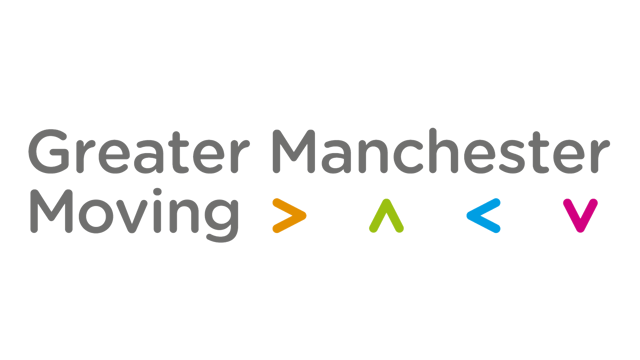The GM Moving Big Co-Production Conversation Learnings and Feedback
How can coproducing with communities get people moving more? We look back at the key learnings from the Big Co-Production Conversation and invite attendees to contribute their feedback and ideas to help shape future collaborative working.
Share
How can coproducing with communities get people moving more?
In November 2021 GM Moving, in partnership with 10GM and Collaborate Out Loud CIC, hosted ‘The GM Moving Big Co-Production Conversation’ which was a series of online conversations addressing and supporting topics surrounding co-production and collaboration within personal and professional landscapes.
‘Co-production means delivering public services in an equal and reciprocal relationship between professionals, people using services, their families and their neighbours. Where activities are co-produced in this way, both services and neighbourhoods become far more effective agents of change' - The New Economic Foundation
The Wakelet link has all the details of the sessions we ran during the 2 weeks, including a host of resources to explore and use in future collaborative work. Click here to view the Wakelet.
Learnings and feedback
We have been really pleased by the feedback and ideas that have emerged from this work, and have summarised the key themes below. These themes will also inform the work we do in the future:
o Step back and think – are you really supporting communities to be more independent or coproducing more services that in the long term don’t work? What is the community alternative to your service?
o Toolkits don’t work – there is no step-by-step guide. What we need is to use our collective intelligence and create spaces to share what we are doing and learning
o Together we can – we need to keep talking and working together to make things happen and challenge where things are not changing
o Stop trying to make everything huge – spreading the small stuff (which is often the best stuff) can make a real difference rather than try to scale up and potentially lose the real purpose
o Space to think – we need spaces to work things out and talk about how hard this can be sometimes. Intentional spaces where honest conversations can happen and challenges can be worked through
o Let the creativity flow – we need to be creative in how we do this stuff and use the arts and lots of different mediums to spread the messages and coproduce with communities.
o Assumptions are dangerous – we need to stop making assumptions and start making friends not contacts. Being able to understand how it really is for people and developing our empathy skills is essential
o Include the excluded - whether it’s people who are excluded due to lack of access or people who are labelled as ‘hard to reach’ (when in fact it’s that their voices have just not been heard in the right way at the right time) we need different ways to engage, listen and coproduce
o Wellbeing matters - this work isn’t easy and we need to support each other as we work through the messiness and achieve great things
What next?
We are currently asking attendees to share their feedback via the online interactive EasyRetro board. If you attended any sessions during the 2 weeks we’d love to hear from you. Click here to add your ideas to the EasyRetro board.
We have also asked those that hosted sessions to provide practical actions that will help people feel more confident having conversations about coproduction and collaboration in the future. Our plan is to then create a ‘programme’ of spaces and offers to continue to explore the themes above with a focus on helping people move more.
Further updates on our future work will be part of the GM Moving “People and Leadership” work, however if you have any ideas or questions in the mean-time please get in touch with [email protected].
Latest News

GM Moving Conference 2025: A day of purpose, connection and action
Over 1000 people from across Greater Manchester and beyond joined us for this year's Conference. It was an energising day of movement, collaboration and action.

Greater Manchester’s Place Partnership journey
Reflecting on our journey so far and looking ahead.

New Activity Alliance report on healthcare professionals' role supporting disabled people
Three case studies in Greater Manchester were shared as part of the research.
